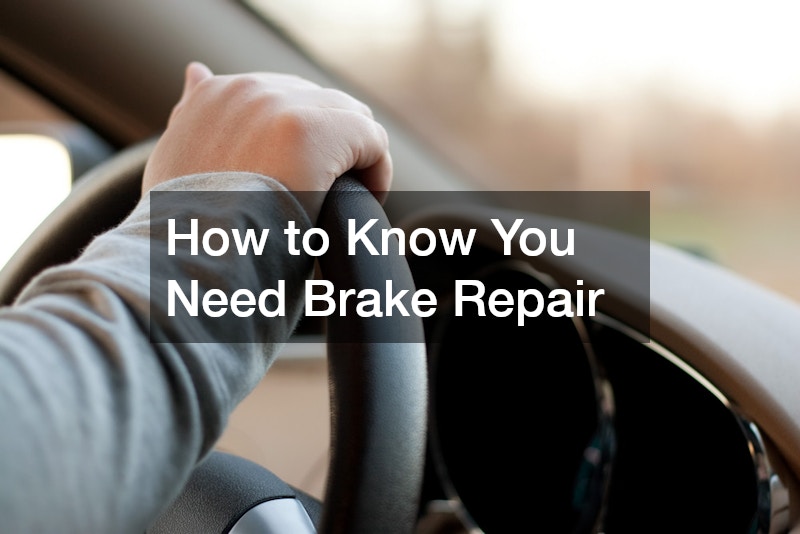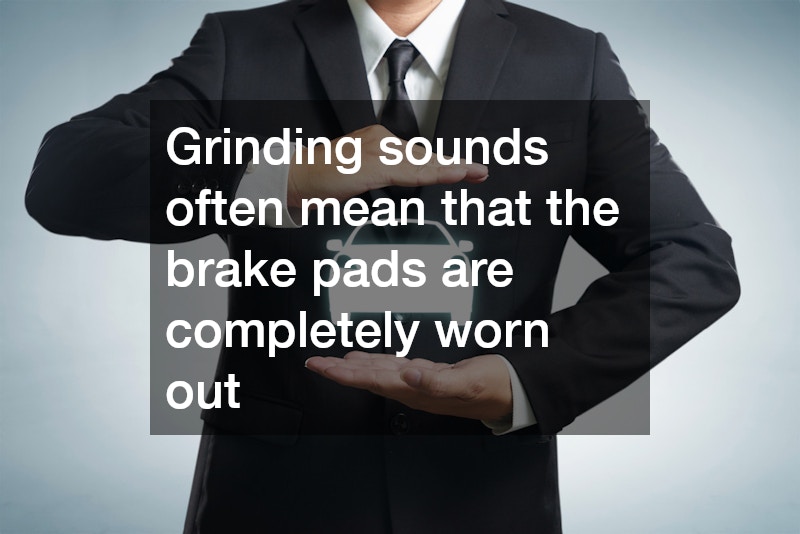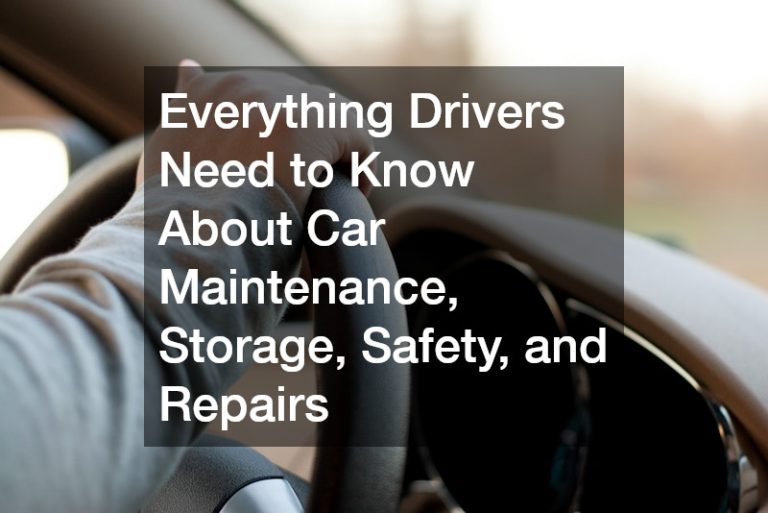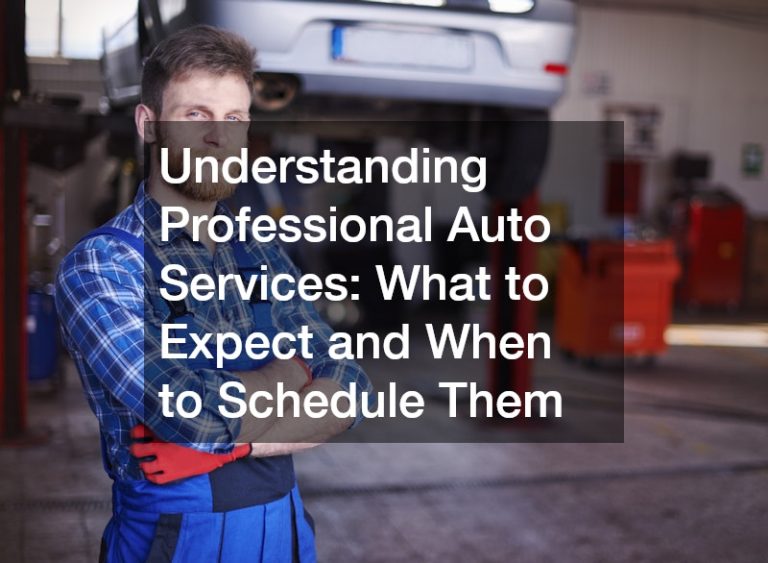

Brakes are one of the most crucial safety features in any vehicle. They ensure that you can stop quickly and safely, protecting you and your passengers from potential accidents. However, many drivers overlook the importance of regular brake maintenance until a problem arises. Knowing the signs that indicate you need brake repair can save you time, money, and potentially dangerous situations on the road. In this article, we’ll explore key indicators that suggest it’s time to visit your local mechanic for a brake check.
1. Squeaking or Squealing Noises
One of the most common signs that you need brake repair is the presence of unusual noises. If you hear a squeaking or squealing sound when you press the brake pedal, it may indicate that your brake pads are worn down.
Most brake pads come equipped with a small metal shim that produces a high-pitched sound to alert drivers when it’s time for replacement. Ignoring these sounds can lead to more severe damage, including worn rotors or damaged calipers, so it’s essential to consult your local mechanic as soon as you notice these noises.
2. Grinding Sounds
If your brakes are making a grinding noise, it’s a more severe issue that requires immediate attention. Grinding sounds often mean that the brake pads are completely worn out and the metal backing plate is making contact with the rotor. This can cause significant damage to the braking system and lead to costly repairs. If you hear grinding when you apply the brakes, it’s time to take your vehicle to a local mechanic for inspection and repair.
3. Vibration or Pulsation
When applying the brakes, if you feel a vibration or pulsation in the brake pedal, this may indicate an issue with the brake rotors. Warped rotors can cause uneven contact with the brake pads, resulting in a bumpy feeling when you brake. This problem can affect your stopping power and safety, so it’s advisable to have a local mechanic check your braking system to determine if the rotors need resurfacing or replacement.
4. Reduced Responsiveness
If you notice that your brakes are not responding as quickly as they used to, it’s a significant sign that something is wrong. A delayed response when pressing the brake pedal can be a result of air in the brake lines, worn brake pads, or issues with the brake fluid. If you find yourself pushing the pedal further down without the expected stopping power, don’t hesitate to visit your local mechanic. They can diagnose the issue and recommend the necessary repairs.
5. Warning Lights
Most modern vehicles are equipped with dashboard warning lights that alert you to potential problems. If you see a brake warning light, it’s essential not to ignore it. This light may indicate various issues, including low brake fluid levels or problems with the anti-lock braking system (ABS). If this warning light appears, make an appointment with your local mechanic to investigate the underlying problem.
6. Fluid Leaks
Regularly checking the area around your vehicle for fluid leaks can help you identify potential problems early on. If you notice a puddle of reddish or brown fluid under your car, it may be brake fluid leaking from the brake lines. Low brake fluid levels can compromise your braking system’s performance and safety. If you suspect a leak, it’s crucial to visit your local mechanic immediately for repair.
7. A Soft or Spongy Brake Pedal
When you press the brake pedal, it should feel firm and responsive. If the pedal feels soft or spongy, this may indicate air in the brake lines or a leak in the hydraulic system. This issue can significantly affect your vehicle’s stopping power and is a critical safety concern. A local mechanic can help bleed the brake lines or address any underlying issues to restore your braking system’s functionality.
8. Brake Pedal Vibration
If your brake pedal vibrates or shakes when you press it, this may suggest that your brake rotors are warped or unevenly worn. Vibration can lead to further damage if not addressed promptly, and it’s essential to have a local mechanic assess the situation. They can determine whether the rotors need resurfacing or replacement to ensure smooth and safe braking.
Recognising the signs that indicate you need brake repair is essential for maintaining your vehicle’s safety and performance. From unusual noises and vibrations to warning lights and fluid leaks, paying attention to these indicators can help you avoid serious accidents and costly repairs. Regular maintenance and inspections by a local mechanic can ensure that your braking system remains in optimal condition. Don’t wait until a minor issue becomes a major problem—if you experience any of these symptoms, contact your local mechanic today for a thorough brake check and peace of mind on the road.
.




